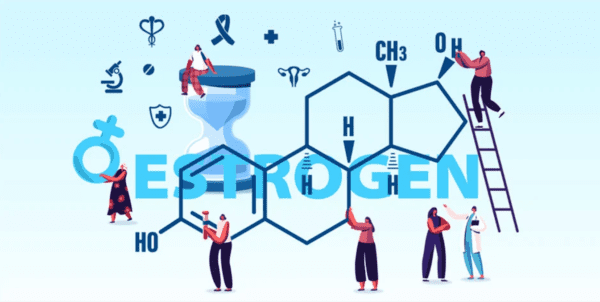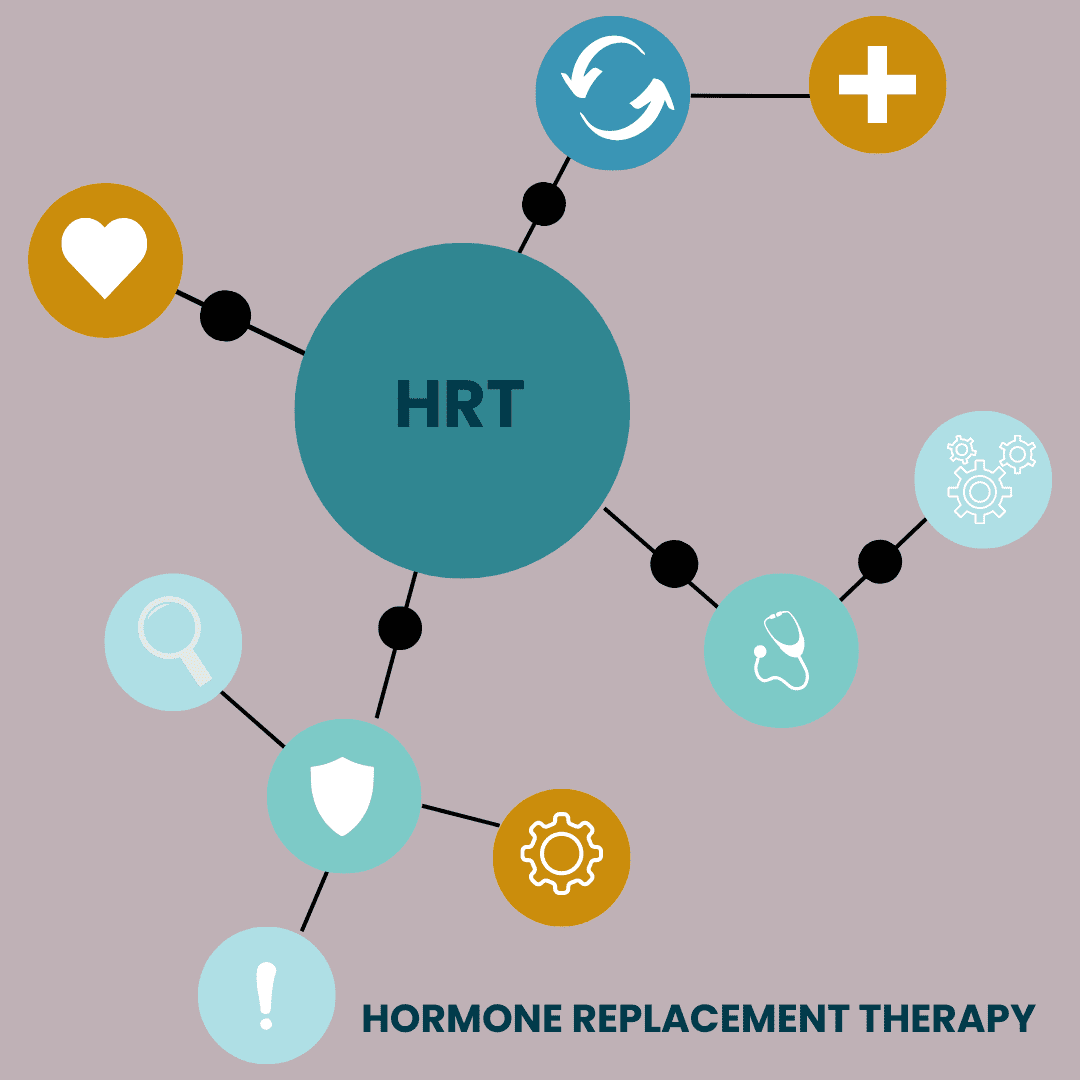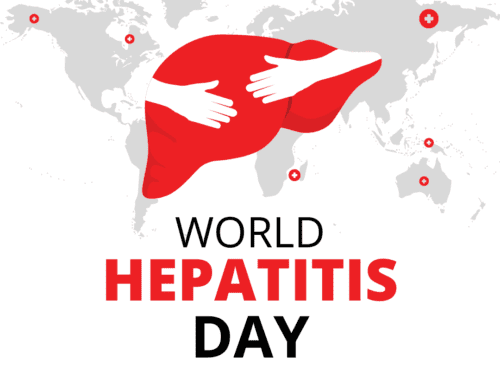What’s the deal with Hormone Therapy? Is it safe?
After the Women’s Health Initiative study done in the early 2000s that demonstrated an increased risk of cardiac events, strokes, blood clots and breast cancer was terminated early, many believed HRT to have more risk than benefit. The number of women taking HRT dropped from 20% to 5% nationwide. One of the flaws in the study was that the women enrolled were over 60y old. For women 50-59years these risks are slightly increased but no where near as drastic as the original study.
The answer to safety is not an “all or none” proposition. HRT is not “good’ or “bad.” As with any treatment, the benefits and risks must be weighed for each individual woman. Remembering that menopause is a chapter in life and not forever helps. Discussing “how long” these symptoms will last or when and which ones warrant treatment is a conversation to have with your physician.
Hormone Replacement Therapy (HRT) is not a panacea for the changes that occur in menopause throughout the body. Often there are better medications to treat a lot of these specific changes. For example, it is not generally recommended to try to prevent osteoporosis with HRT. Additionally, we would not treat mood disorders that become unmasked during this transition period with HRT.

There are so many symptoms… which ones warrant consideration for HRT?
- Severe vasomotor symptoms occurring every hour or two and disrupting daily life (not responsive to behavioral/lifestyle modification)
- Vasomotor symptoms that are interfering with sleep
- Vaginal atrophy or Urinary Dysfunction
Who might be a candidate for HRT?
- In general, women who are less than 60 and less than 10 y from menopause.
- Women without a history of heart disease, stroke, blood clots, or breast cancer.
Isn’t HRT just pills?
- Not all HRT is created equally and there are numerous different modes of delivery for Estrogen.
- Pills by mouth can decrease testerone affects on hair loss and acne, while patches have a lot less risk of blood clots and stroke than pills.
- Vaginal symptoms alone are best treated with cream or rings that produces only local estrogen exposure.
- All women with a uterus taking estrogen will need to get progesterone in pill form or as an IUD as well to decrease risk for endometrial cancer.
What about “bioidentical” hormones?
- Bioidentical hormones just means they have the same molecular structure we produce naturally. Estrogen patches and prometrium are FDA approved bioidenticals that are prescription medications.
- People often refer to compounded formulations as bioidentical hormones… with compounded formulations there is not a lot of safety data and no regulation.
At Roots Health DPC we use the NIH Breast Cancer Risk Assessment Tool (NCI) to assess risk for breast cancer. We assess for risk for cardiovascular disease as well when we discuss HRT treatment options so that patients can make informed decisions.
Not all HRT is equal and topical treatment options do not have the same systemic system side effects as pills and may be just as effective. A great resource for patients is NAMS (North American Menopause Society).





